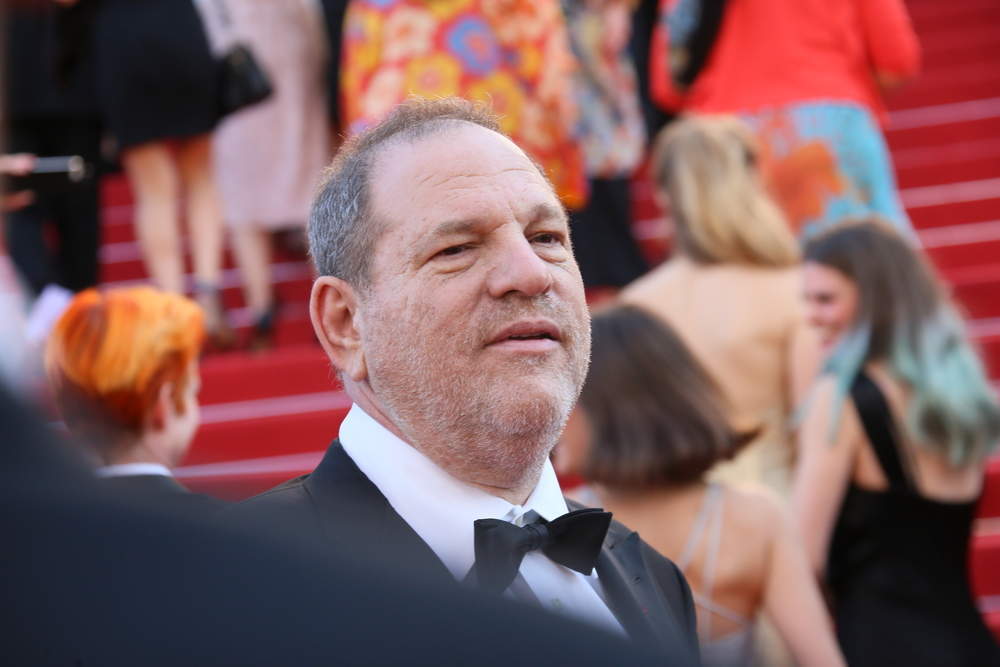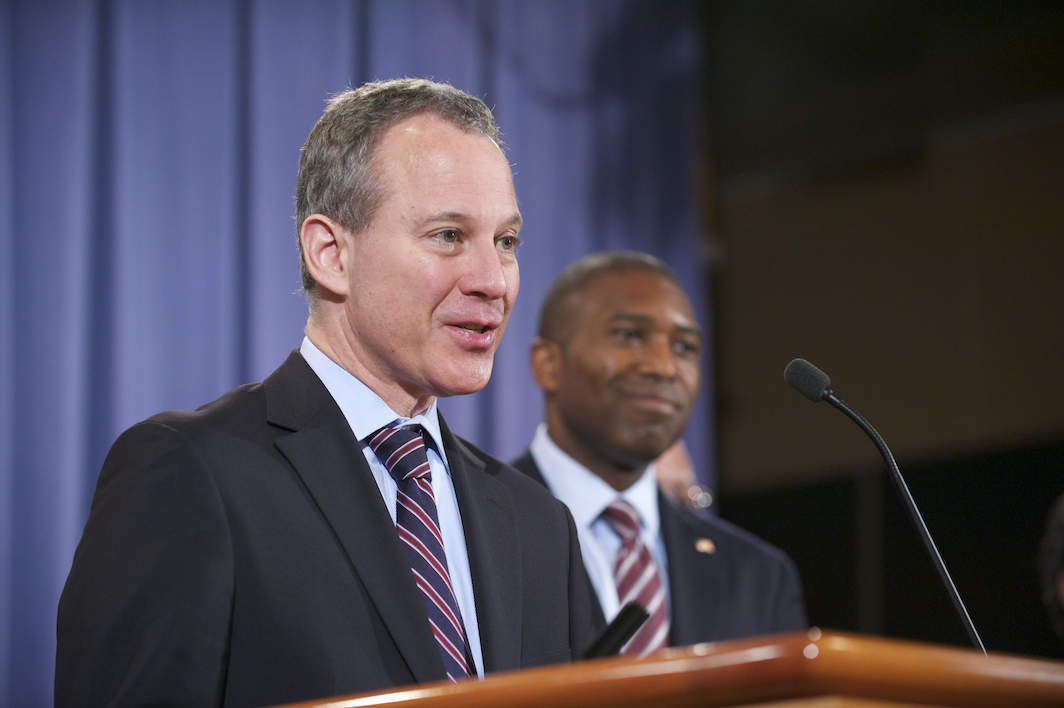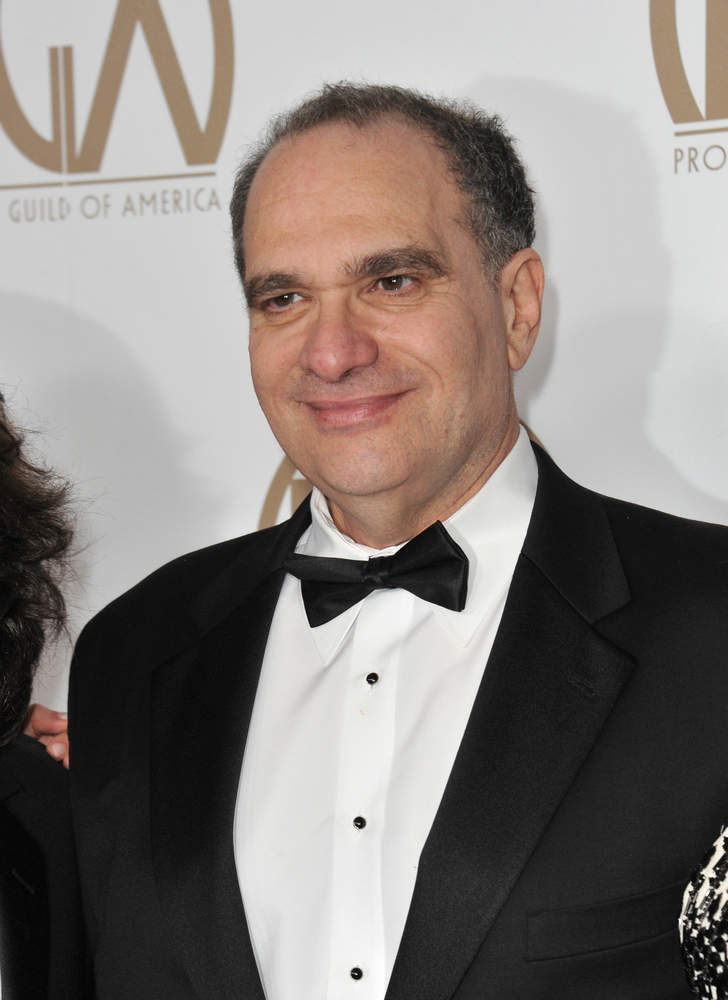
A new lawsuit has foiled the prospective sale of the Weinstein Company.
Eric Schneiderman, the New York attorney general filed the civil suit against Weinstein late on Sunday night. It follows an ongoing four month long investigation into The Weinstein Company.
This investigation examined whether Weinstein employees aided Harvey Weinstein in his alleged sexual abuse of female employees.
The suit alleges that The Weinstein Company did not take appropriate steps to protect its staff from Harvey Weinstein. In essence, that the company flouted New York laws against gender discrimination and sexual abuse.
Based on the findings of the inquiry into the Weinstein company, the suit also claims Weinstein made threats of violence against staff.
The lawsuit seems to have spooked the group of investors who planned to purchase the Weinstein Company. The $500m deal to buy out the company paused as a result of the lawsuit filing, reports The New York Times.

US Tariffs are shifting - will you react or anticipate?
Don’t let policy changes catch you off guard. Stay proactive with real-time data and expert analysis.
By GlobalDataWhat was said
The lawyers
In a press release, Schneiderman claims the reason for the suit is to ensure adequate redress for Weinstein’s victims:
As alleged in our complaint, The Weinstein Company repeatedly broke New York law by failing to protect its employees from pervasive sexual harassment, intimidation, and discrimination.
Any sale of The Weinstein Company must ensure that victims will be compensated, employees will be protected going forward, and that neither perpetrators nor enablers will be unjustly enriched. Every New Yorker has a right to a workplace free of sexual harassment, intimidation, and fear.

What the investigation found:
The release also cites some examples of Weinstein’s behaviour discovered by the investigation into his company. These include:
-
“HW told several employees throughout the relevant time period that, in substance, “I will kill you,” “I will kill your family,” and “You don’t know what I can do,” or words to that effect.”
-
“At HW’s direction, “TWC employed one group of female employees whose primary job it was to accompany HW to events and to facilitate HW’s sexual conquests…These women were described by some witnesses as members of HW’s TWC “roster” or his ‘wing women’.”
-
“HW made quid pro quo offers or demands of sexual favors in exchange for career advancement at TWC, or to avoid adverse employment consequences at TWC.”
-
“HW’s assistants were exposed to and required to facilitate HW’s sex life as a condition of employment.”
-
“Assistants possessed copies of a document known as the ‘Bible’, an assistant-created guide to working for HW which was passed down through assistants. The document sat in hard copy on several assistants’ desks, and was accessible to and known to exist by some TWC executives.”
-
“Evidence gathered during the course of the investigation reflects that the Human Resources Director was not empowered to take any steps address HW’s ongoing sexual harassment of female employees.”
-
“When individuals did complain to human resources, those complaints were not treated confidentially and investigated.”
-
“On several occasions when TWC employees complained about serious misconduct by HW, TWC took steps to separate the employee from the company while securing an NDA that would prevent the employee from disclosing the misconduct to others or warning others about the misconduct.”
The investigation also indicts Harvey Weinstein’s co-CEO, his younger brother Bob Weinstein, and COO David Glasser for failing to protect employees.
What Weinstein has said:
Neither Harvey Weinstein nor The Weinstein Company have personally responded to the lawsuit’s claims. However, in his lawyer Ben Brafman has responded on his client’s behalf:
“While Mr. Weinstein’s behavior was not without fault, there certainly was no criminality, and at the end of the inquiry it will be clear that Harvey Weinstein promoted more women to key executive positions than any other industry leader and there was zero discrimination at either Miramax or TWC.
“If the purpose of the inquiry is to encourage reform throughout the film industry, Mr. Weinstein will embrace the investigation. If the purpose however is to scapegoat Mr. Weinstein, he will vigorously defend himself.”
Weinstein has consistently denied claims that his sexual conduct was non-consensual.
The investor group planning to buy The Weinstein Company have not made an official response.
Why it matters:
All of this will be of keen interest to the victims of Weinstein’s alleged abuse. The lawsuit said that it aims to ensure adequate financial redress to the victims.
However, the investor group planning to purchase the company, led by Maria Conteras-Sweet, former Administrator of the Small Business Bureau under Barrack Obama had also pledged to create a multi-million dollar settlement fund for the victims.
Still, there’s some question as to whether or not such a fund received serious consideration. According to the New York Times report, Schneiderman’s office stressed the importance of this financial settlement to Conteras-Sweet.
“We were surprised to learn they were not serious about discussing any of those issues or even sharing the most basic information about how they planned to address them” said Amy Spitalnick, the press secretary for Schneiderman.
One person damned either way though is Bob Weinstein.
The Weinstein brothers were not to profit at all from the sale of the company. In addition,one of the terms of the buy-out was that Bob Weinstein would leave the company. The lawsuit’s indictment of Bob Weinstein opens him up to criminal charges in connection with his older brother.

But there is another executive whose career is hanging in the balance. That person is COO, David Glasser. The lawsuit indicts Glasser and once again, opens him up for criminal charges.
On the other hand, the investors buying the Weinstein Company had pulled ahead of other offers from studios like Lionsgate due to their pledge to keep Glasser and other executives in their positions. The lawsuit could pressure the investor group to drop that pledge even if they do go through with the buy-out.
Background:
This is the second civil lawsuit against Harvey Weinstein. The first is from Harvey Weinstein’s former personal-assistant, Sandeep Rehal. She claims that much of her work included “catering to Harvey Weinstein’s sexual appetites and activities” reports the Hollywood Reporter.
She is suing both Weinstein brothers for harassment and discrimination.
Thus far, no one has brought a criminal suit against Weinstein. However, the New York Times reported in November 2017 that the NYPD were building a case against Weinstein for his alleged rapes of Paz de la Huerta in November and December 2010.
The Weinstein Company will almost certainly have to declare bankruptcy if this buy-out doesn’t go through. Allegedly, the $500m price tag on the company includes the assumption of $225m in debts.
In order to raise funds most recently, The Weinstein Company sold the rights of two films. The BAFTA-nominated Paddington 2 numerous other films and The Six Billion Dollar Man were both sold to Warner Bros.
Meanwhile, company postponed distributions of three other films (The War with Grandpa, The Upside, Mary Magdalene) indefinitely. In addition, there are still on the Weinstein Company’s slate which are in limbo.
Schneiderman’s investigation is the second time in as many weeks when the internal practices of The Weinstein Company hit the headlines. Just last week, former Miramax and Weinstein Company executive Jill Messick took her own life due to claims about her involvement in grooming people for Weinstein.
Messick managed Rose McGowan, one of Weinstein’s most prominent and outspoken victims. McGowan was critical of Messick, claiming she sided with Weinstein after hearing of the sexual assault.
In exchange, McGowan claimed, for a job at Miramax. The week before her suicide, Weinstein’s attorney released an email from Messick dismissing McGowan’s rape claims.







